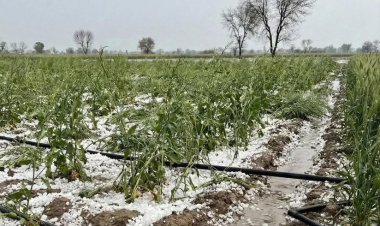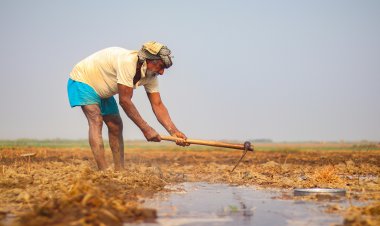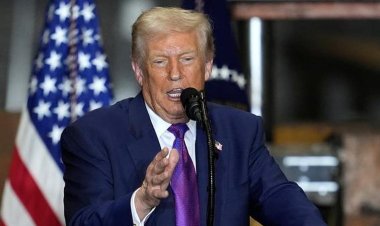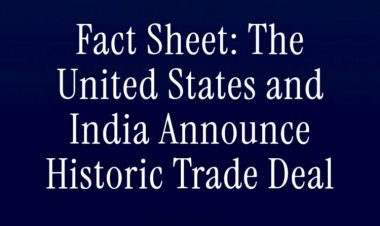The heat of political and economic loss of the farmers’ movement
The heat of the political and economic loss of the farmers’ movement against the farm laws is being felt. The way the Congress notched a spectacular win in the recently held local body elections in Punjab while the BJP and the Akali Dal witnessed a major debacle, clearly suggests that the resentment of the farmers is getting reflected in political results.
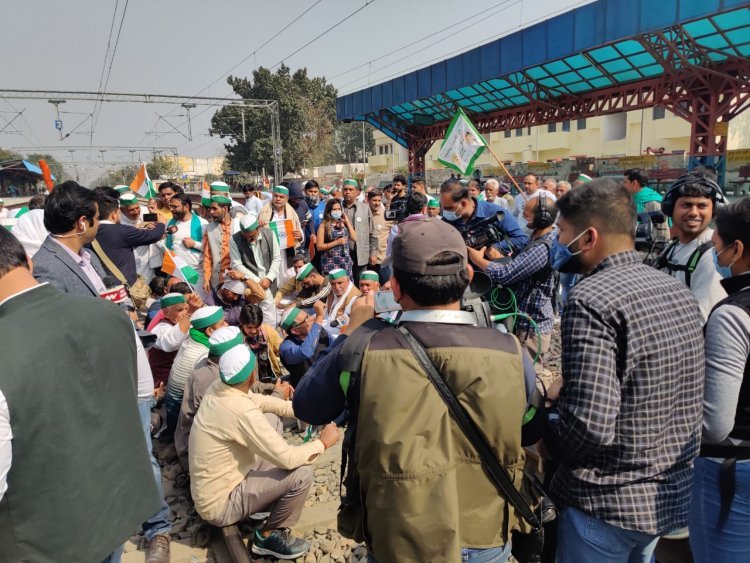
A state of uncertainty prevails over the ongoing farmers’ movement launched against the three farm laws brought about by the Union government in June 2020. With the kind of stance both sides have taken, nobody can state with clarity regarding the end of the movement. While the government says it has set out the proposal before the farmers and if they make their stance clear on the same it is willing to negotiate with them, the farmer organizations are still adamant on their demand for the repeal of the three laws and a legal guarantee for minimum support price (MSP). Although neither side is openly speaking about the future course of the controversy, it is getting apparent that the heat of its political and economic loss is being felt. The way the Congress notched a spectacular win in the recently held local body elections in Punjab while the BJP and the Akali Dal witnessed a major debacle, clearly suggests that the resentment of the farmers is getting reflected in political results.
Over the last 10 days or so, RuralVoice had detailed discussions with several Union ministers, BJP leaders and other officials regarding this impasse. What is apparent from these discussions is that the government wants a solution to the dispute but it is not willing to fully accede to the farmers’ demands. While the biggest obstacle is the demand for repealing the laws, the government is also yet to make up its mind on the issue of providing a legal guarantee for MSP. A senior official who had been involved in the making of these laws told RuralVoice that the matter on this issue continues to be only at the political level. The process of negotiations on this issue is not within striking distance. Besides, he made it clear that a legal guarantee for buying agricultural produce on MSP was not economically feasible because the government did not have enough financial resources. Also, an imaginary market price that went against market forces was not pragmatic. However, officials within the government, too, are not unanimous on the entire issue and some of them suggest that the rigid opinions of some officials only exacerbate the controversy. This is the reason why several officials feel it is better to maintain distance on this issue. It is also being felt that the intensifying of the controversy is leading to a situation of uncertainty at the political level within the government.
The issue has rather come down to political gains and losses. Although Union ministers and BJP officials do not talk of much political loss in public, yet they admit unofficially that they view a protracted movement as a political loss. The movement taking firm root in western Uttar Pradesh (UP) after Punjab and Haryana is being viewed as a political loss. Going by the frequency of khap panchayats being held in Haryana and western UP in support of the movement and the decisions being taken therein, the BJP leaders themselves estimate that the party would incur a political loss. In a talk with RuralVoice, a BJP leader of state minister level in the UP government admitted, “We are suggesting bringing the movement to a close because there will be Assembly elections in the state next year. Before that, we have the local body elections at the village panchayat and district panchayat levels. The resentment of the farmers may have an impact on these.”
Since the Jat community has a crucial role to play in western UP, the BJP fears losing a large vote bank because it had benefited a lot from the Jat votes in the last two Lok Sabha elections and the last Assembly elections. This concern has led to several meetings of the Jat MPs so that they might apprise the central leadership of the potential loss. Subsequently, they have conveyed their opinion in their meeting with party president JP Nadda and home minister Amit Shah. Said a BJP MP, who was part of this meeting, to RuralVoice: “The absence of increment in sugarcane prices in UP and the delay in payments has strengthened the farmers’ movement in western UP and among the Jats. We have conveyed our opinion. Now it is up to the central leadership to decide. We have a limited role to play in this issue.”
On the other hand, the talks that RuralVoice had with the farmer organizations involved in the movement make it apparent that they are still unwavering in their demands. However, they too are concerned that the movement is getting protracted. So, they too want a solution. No indirect talks are being held either on this matter. In fact, Naresh Tikait, president of the Bharatiya Kisan Union (BKU) in western UP and the chief of Baliyan khap, has only complicated the matter with his appeal to socially boycott BJP leaders in a panchayat held at Sisauli. This has added to the troubles of the Jat leaders from the BJP in western UP. They admit in unofficial talks that there would be a political loss. But there is another line of thought which believes that such moves may consolidate non-Jat votes in favour of the BJP. But they simultaneously think the movement may go on to benefit Chaudhary Ajit Singh of the Rashtriya Lok Dal (RLD). Jayant Chaudhary, the party vice-president, has been continuously holding panchayats in western UP since January 29.
Let us now take a look at the economic fall-out of the movement. In order to give the lie to the farmers’ fear that the MSP regime would come to an end, the government is making record purchases of paddy and other crops. The increased government purchases project government expenditure to be Rs 3 lakh crore under this head in the current marketing season. Last year, the government had spent Rs 2.16 lakh crore rupees. In view of the bumper wheat crop and in case the government makes record purchases for the crop as it has done for paddy, ther stock for food grains in the central pool may well cross 10 crore tonnes. As of February 1, 2021, the stock in central pool stood at 8.22 crore tonnes. Estimates suggest that this may lead to the economic costs of wheat and rice reaching record highs. This may reach Rs 43 per kg for rice and Rs 30 per kg for wheat. On the other hand, in spite of the better prospects for their exports in the international market, it is not possible to export wheat and rice from the central pool because India has invoked the peace clause of the World Trade Organization (WTO), under which the government purchases are made for the public distribution system (PDS) under food security. Given this, if exports are made from the central pool there is apprehension that the issue may be taken up at the WTO. Such circumstances are adding to the government’s economic burden on account of the farmers’ movement.



 Join the RuralVoice whatsapp group
Join the RuralVoice whatsapp group



















